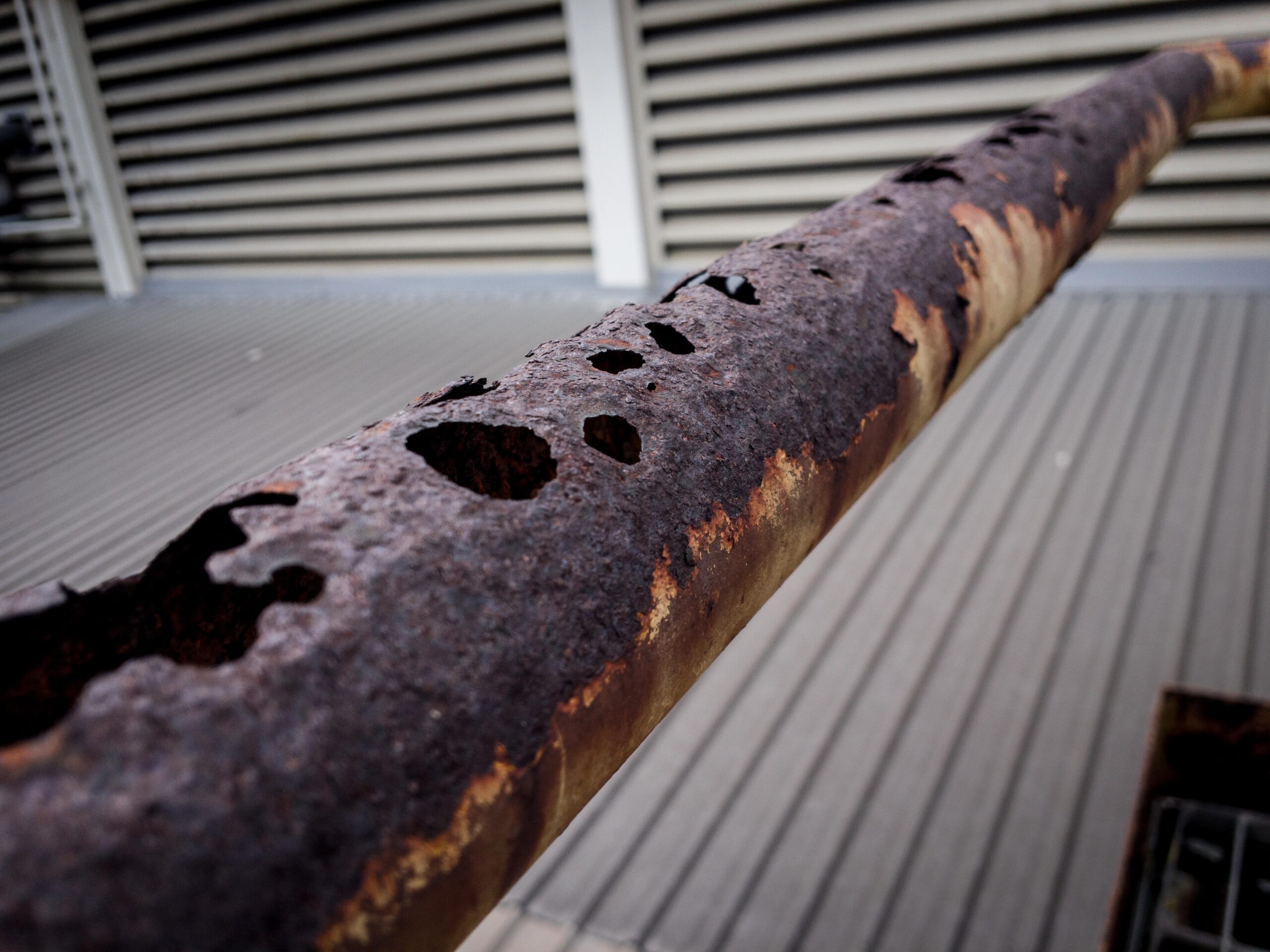Why are failure investigations important?
Failure investigations are crucial in industries where the consequences of a product or component failure can be significant. These consequences can include danger to life, health and safety concerns, financial losses, reputational damage, or non-compliance with regulations and standards.
Failure investigations are more than pointing fingers or placing blame. It’s an important opportunity to learn from mistakes and continue to make improvements to quality, production, and use of the product.
It shows consumers and users of the product that businesses are committed to improving their products, as well as caring for the safety of their customers and workforce. This builds trust with the customer, increasing customer satisfaction, which helps to improve their overall reputation.
What kinds of samples do we test?
We specialise in failure investigations across a broad range of samples, encompassing everything from raw materials for production purposes, to machinery and equipment components that have experience a service failure. We also carry out investigations on finished products that have failed during public or commercial use.
- Raw materials: sheet metal, castings, forgings, and other metals used for manufacturing or producing parts and components.
- Machinery, parts, and components: pipes and fittings, bearings, gears and motors, pumps and valves, springs and coils, fasteners, turbines, and much more.
- Consumer products: pushchair handles, door handles and fixtures, medical implants and instruments, solar panel assemblies, traffic safety bollards, and much more.
What does a failure investigation involve?
The key aim of a failure investigation is to find out comprehend the nature and cause of the failure. To begin analysis, it’s important to identify as much information about the material as possible, including how it has been used. This information can consist of:
- Material type and specification (if known), as well as any regulations, standards, or product specifications. If the material is unknown, our chemical analysis team is on hand to identify the material type, composition, and grade.
- How the product has been manufactured; any heat treatment processes, finishing processes such as plating, powder coating, or painting.
- The conditions of the service environment; the temperature, pressure, and mechanical loading or cyclic stresses involved.
- Any exposure to chemicals, corrosion, or contamination
- The events leading up to the failure.
Once this information has been provided, a failure investigation can then begin. A comprehensive analysis is completed, starting with:
- Sample preparation: cutting, grinding, and polishing the sample to help with microscopic observations.
- Visual inspection to reveal any visible damage, defects, or flaws on the surface of the product material. The product will also be inspected for signs of fractures or corrosion.
- Scanning Electron Microscopy (SEM), to examine the product at a microscopic level, revealing any damage, fractures, or defects within the depths of the material.
- Metallographic examinations to reveal the microstructure more clearly. This helps to examine any heat treatment conditions, assess the grain size measurements, and phase identification.
- Chemical analysis and hardness testing or microhardness testing to check the sample meets the compositional requirements outlined in the provided standards, and to confirm the material type.
- In some cases, tensile testing may also be carried out to assess the mechanical properties of the product.
When the testing has been completed, the findings are then produced in a comprehensive report, with photographs detailing the examinations and any areas of concern. In some cases, recommendations may be provided for future improvements to manufacturing processes, suitability of the material, and any limitations of the product.
Failure investigations are essential for businesses to continue improving their products, processes, and quality control. These investigations can help to minimise potential risks and help to build a trustworthy relationship between consumers and manufacturers.
For more in-depth insights into failure investigations and real-world examples of how we’ve worked with business to identify product flaws and defects, take a look below at our case studies.





